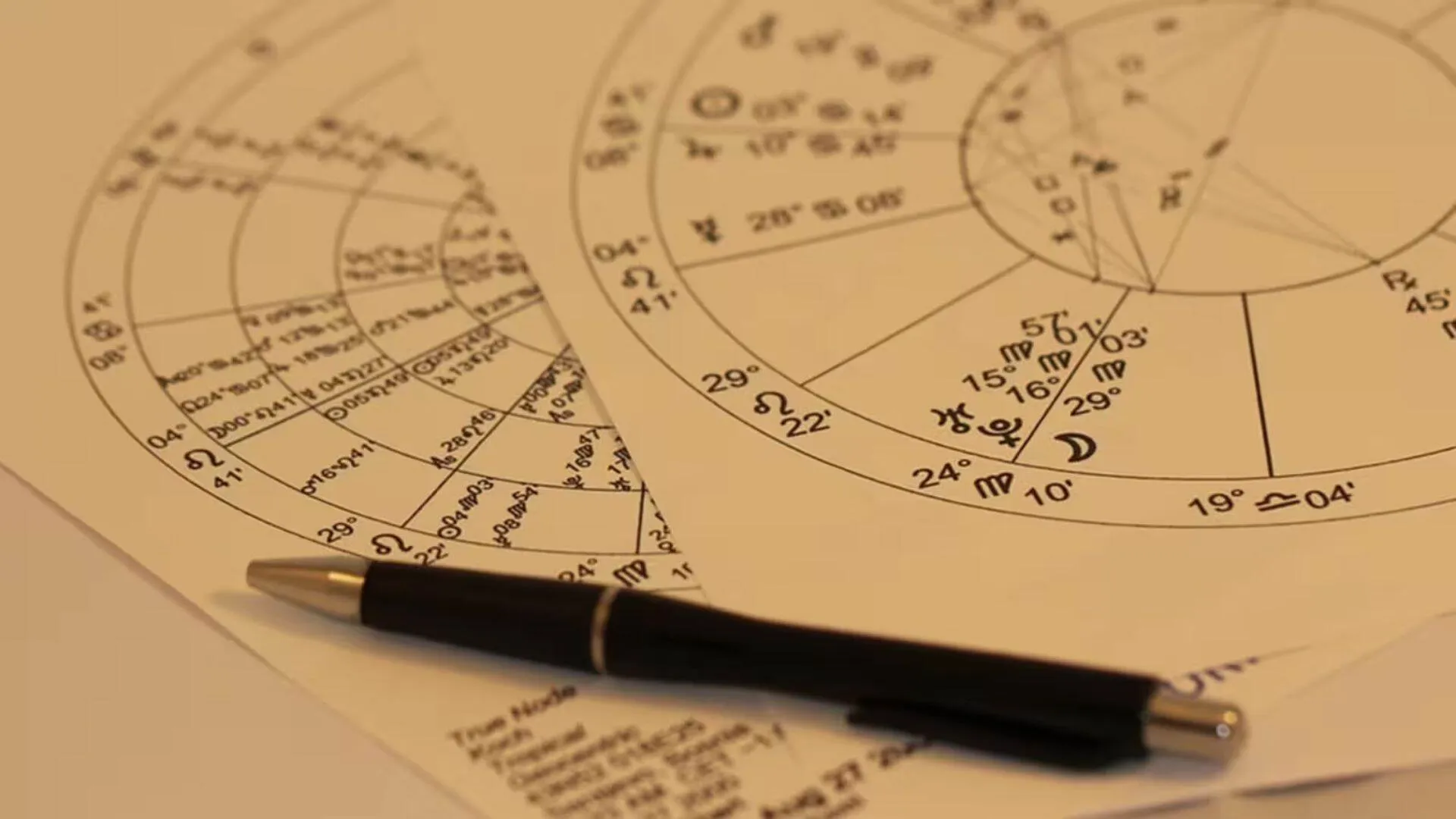In 1925, visionaries made bold predictions for the future of humanity by the year 2025. Some of their predictions were grand and futuristic, while others were quite unsettling. While many of these ideas seem laughable today, a few curiously have come to pass.
Prediction of ‘Ugly People’ and Immortality
American psychologist Albert E. Wiggam predicted something even more curiously strange, concerning the future about the human’s look, with a claim that, since “homely, dull people” procreated more intensively than intelligent and beautiful humans, mankind will develop to become much less beautiful soon. “The American beauty has to go. There won’t be a good-looking girl around, 100 years from now, at any cost,” he ventured.
In the brighter side of things, there was Sir Ronald Ross, Nobel-winning British doctor, who was dreaming of humans living up to 150 years. He went even further and considered immortality a possibility, because, as a famous American doctor told him, “we should all be immortal,” and “no one can say how long we may live when we are free from the ravages of germs.”
Global Superpowers
Famous author H.G. Wells, whose masterpieces include The Time Machine and The War of the Worlds, predicted that by 2025, global power would be concentrated in just three superpowers: the United States of America, the United States of Europe, and China. According to his imagination, such a world would have no nations but these mighty masses.
Many others similarly forecasted that the world would operate under one government, with a single language spoken globally. Travel and commerce would be free, and diseases would be eradicated.
Futuristic Technology and Artificial Food
British scientist Archibald M. Low’s 1925 book, The Future, outlined several technological marvels. He envisioned devices like television machines, breakfast tubes, automatic sleep beds, wireless banking, moving sidewalks, and even one-piece suits made of artificial felt.
Other visionaries claimed a world that would feature food produced artificially; Professor Lowell J. Reed saw a shortage of food in America and envisioned alternative ways such as importing foodstuffs from the tropics or even producing artificial food through the organic synthesis method. Dr. A.R. Wentz predicted an acid sodium phosphate substitute for sleep and also a portable communications device to reach another person both visually and through sound waves.
Eradication of Poverty and Disease
Sophie Irene Loeb, president of the Child Welfare Committee of America, prophesied that poverty would be eradicated by 2025, declaring, “There should be no pauper child in this country, and no able-bodied child should be anywhere except in its home.” She emphasized the need for children to receive a chance, not charity, to become the citizens of the future.
Some of these bold predictions, though largely fanciful, still inspire curiosity because many reflect unexpected glimpses into the future.























